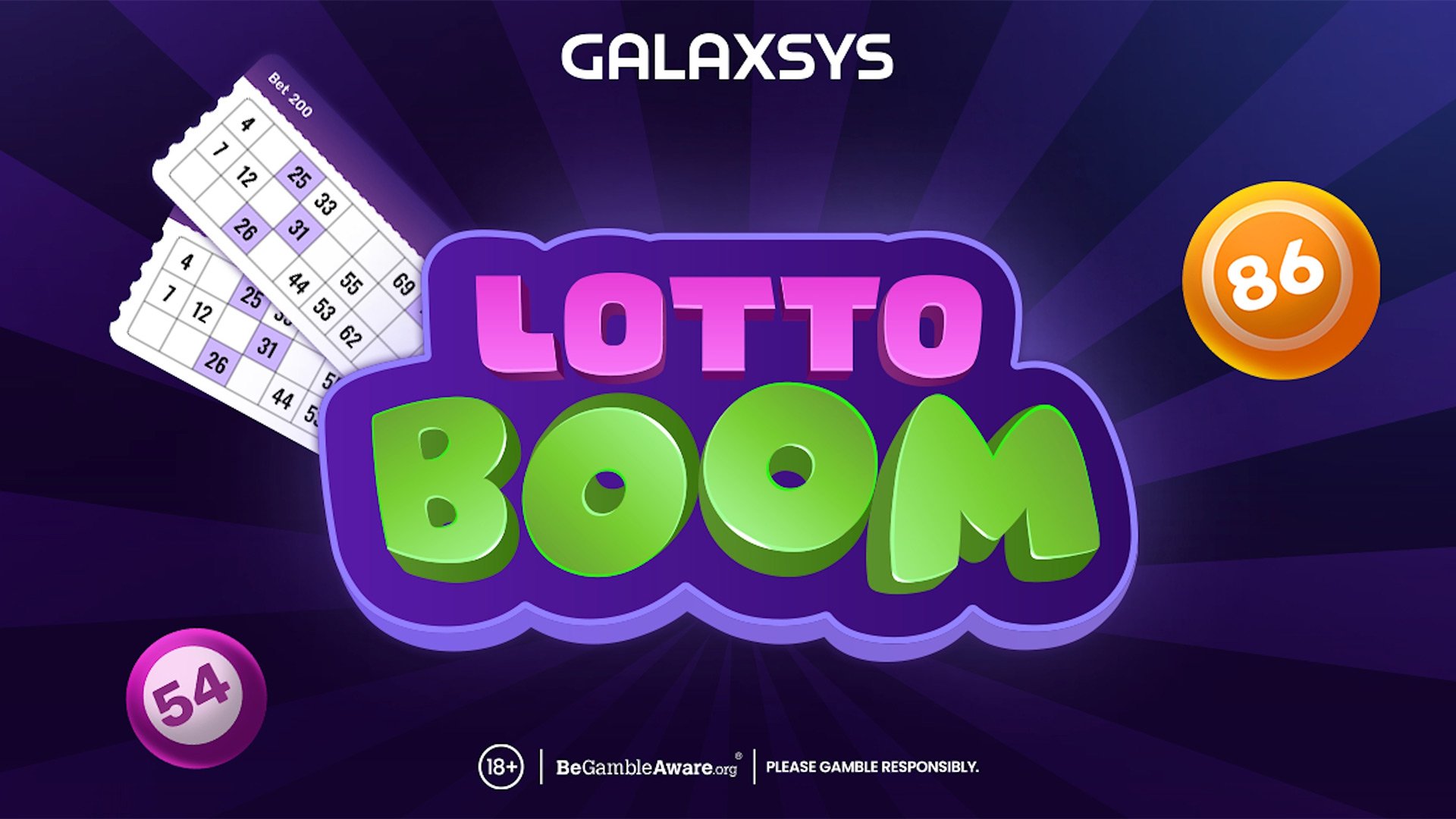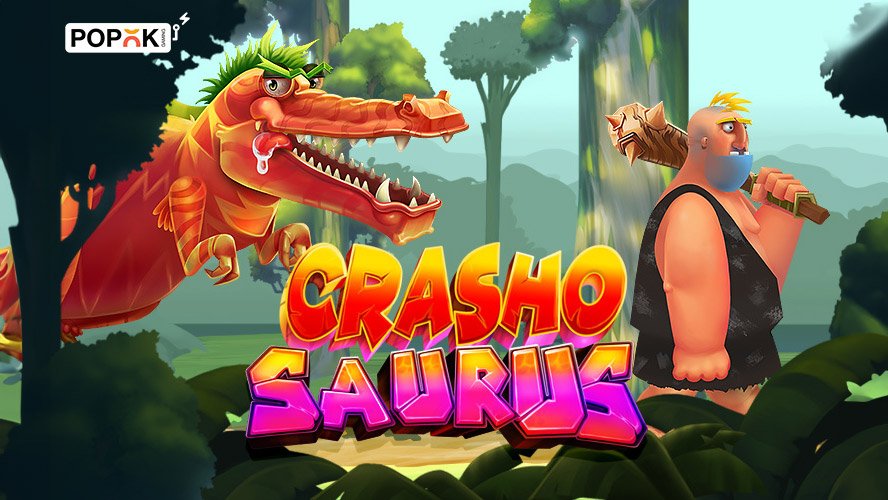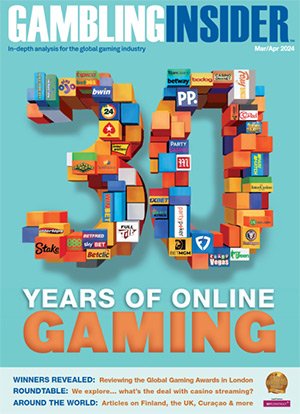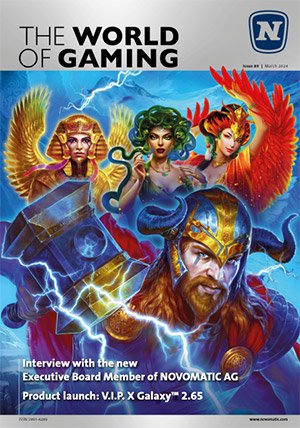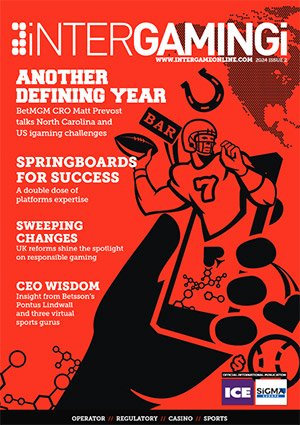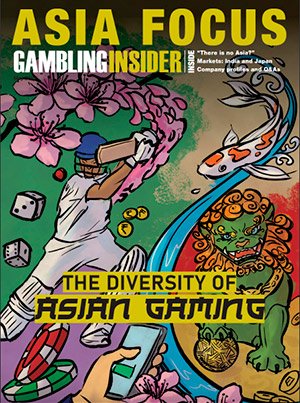AI beating poker professionals increases risk to online gambling, Morgan Stanley says

In July, computer scientists from Carnegie Mellon University announced the development of an artificial intelligence (AI) that is "stronger than human professionals" in the most popular version of poker. While the code has not been released "in part because it would have a serious impact on online poker", it represents a milestone in several respects. The AI blueprint strategy was developed for a cloud-computing cost of just $144 in 8 days, runs on normal computers, plays twice as fast as professional players and could be adapted for any poker variant. The (re)emergence of superhuman poker bots in the online ecosystem now appears to be a matter of when, not if. Morgan Stanley's review of the academic papers, conversations with industry contacts and 4 pro poker players, including one who was on the experiment, lead them to 3 key conclusions.
- The development reinforces an ongoing challenge for operators. Poker, unlike sports betting and casino, is uniquely exposed to disintermediation risk as it a) requires an ecosystem of players playing each other, rather than against the house, and b) is arguably a game of skill, meaning player confidence is key. It therefore requires management by operators, most notably detection against (current) bots, regulating/monitoring use of player aids and attempting to keep a healthy balance between net depositors and net withdrawals.
- Poker key because of cross-sell: larger impact likely on top 20% of ecosystem. We would expect professional players and 'grinders' to be most affected by the emergence of superhuman bots, as it would reduce expected returns for these players and shift away from being a game of skill. Potential operator mitigation measures (e.g. increasing variance of games) to combat bots would also adversely affect players.
- A secondary impact could come from reduced overall confidence in poker as a fair skill game, which would be more likely to impact the ~80% of players who are recreational. These players are key as they are net depositors and ultimately the source of operator revenue.
Reducing price targets given greater risk to major earnings stream, TSG most exposed. Stars Group is the dominant player in online poker with 65% market share. While it has diversified, poker is still ~1/3 of revs, and central to casino and sports cross-sell. We present possible scenarios with a bear case of ~30% EBITDA impact on our outer year forecast horizon. Poker is 3% of GVC group revenue, and only 1% for Playtech but poker declines could weaken its full service offering to operators. William Hill & Flutter poker exposure is immaterial.






